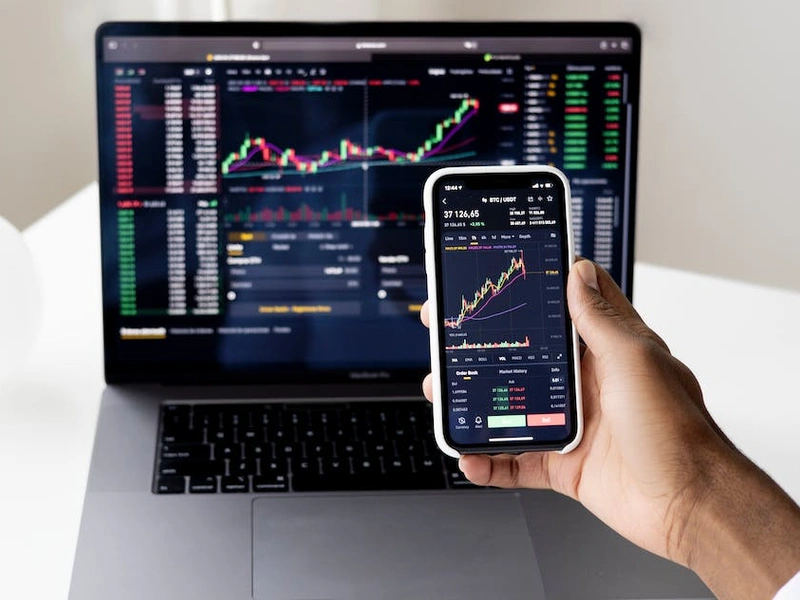Navigating the Green Wave: Small Business Strategies for a Sustainable Future
The climate conversation has matured significantly over recent years. Now more than ever before, small businesses find themselves at an intersection of challenge and potential. This moment presents an opportunity to embrace a vision that marries profitability with planetary health — a journey that comes with hurdles but also hidden gems of opportunity.
With the advent of COP28, a fresh lexicon of sustainability buzzwords will permeate discourse across industries worldwide. As these terms shape future business operations' trajectory, it becomes essential for small business owners to decode them and understand their implications for their enterprises.
Decoding Sustainability Buzzwords
Let's break down ten key buzzwords from COP28 that every small business owner should be aware of:
-
Net-Zero Transition: 'Net-Zero' isn't just a target set by nations; it serves as a compass guiding operational strategy for businesses big and small. It involves adopting energy-efficient technology and exploring renewable energy sources - steps that could lead to significant cost savings while strengthening your brand image.
-
Circular Economy: This term emphasizes moving away from traditional 'take-make-waste' approaches towards more sustainable practices like reducing waste generation, recycling materials efficiently or offering repair services instead of replacements. Embracing circularity can turn sustainability into a unique selling point for your business.
-
Climate Finance: A buzzword at COP28, climate finance refers to the funding necessary for transitioning towards a low-carbon world. For small businesses, tapping into green loans or grants can be a game-changer, enabling investments in sustainability that may otherwise seem daunting.
-
Green Tech Innovations: Staying abreast of 'Green Tech' means gaining a competitive edge and improving efficiency. Small businesses can lead by adopting new eco-friendly technologies that often reduce costs and attract an increasingly eco-conscious consumer base.
-
Carbon Trading: While primarily a big-business game, understanding carbon trading can benefit small enterprises too by exploring the market for carbon credits, potentially opening up new revenue streams.
Adapting to a Changing Climate
-
Adaptation and Resilience: Resilience planning helps small businesses weather the physical and economic storms of climate change. This means preparing for extreme weather events, potential supply chain disruptions, and economic shifts due to evolving climate policies.
-
Sustainable Supply Chains: Sourcing products and materials responsibly is not just ethical; it’s expected by today's consumers. Scrutinizing your supply chain for sustainability can boost your reputation and ensure business continuity as regulations tighten.
-
Biodiversity: COP28 will spotlight nature's role in climate stability. Small businesses can contribute by adopting practices that protect natural habitats, which can resonate strongly with customers and differentiate your brand.
Embracing ESG Principles
-
ESG (Environmental, Social, Governance): ESG criteria are becoming a lens through which businesses are evaluated by investors, partners, and customers alike. Small firms that integrate ESG principles into their operations can attract investments and partnerships while improving their operational standards.
-
Just Transition: Ensuring the economic shift towards sustainability doesn't leave workers behind is what 'Just Transition' is all about - fairness in transition. For small businesses, this means investing in employee training for green skills, aiding community development, and fostering inclusive growth.
In conclusion, these buzzwords from COP28 aren't just jargon; they represent a roadmap for growth and sustainability for small businesses worldwide. Understanding them isn't merely about keeping up with trends but integrating them into your business model to set you apart from competitors.
By embracing these principles of sustainable operation, you open doors to new markets, financial incentives while positioning yourself as a leader in the green economy. Let COP28 be the catalyst for your small business to innovate adaptively and thrive sustainably.
